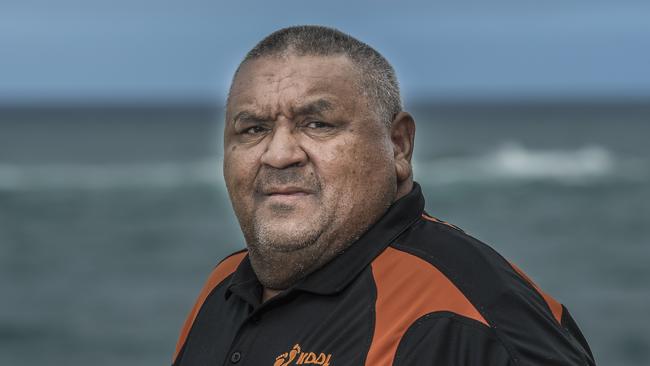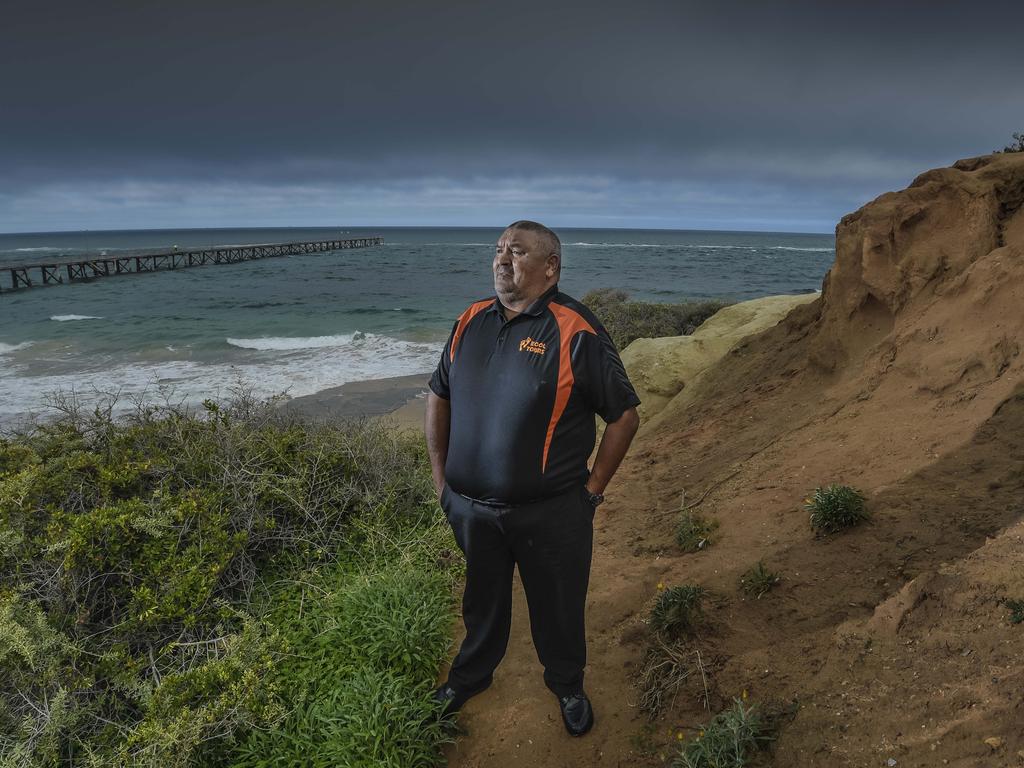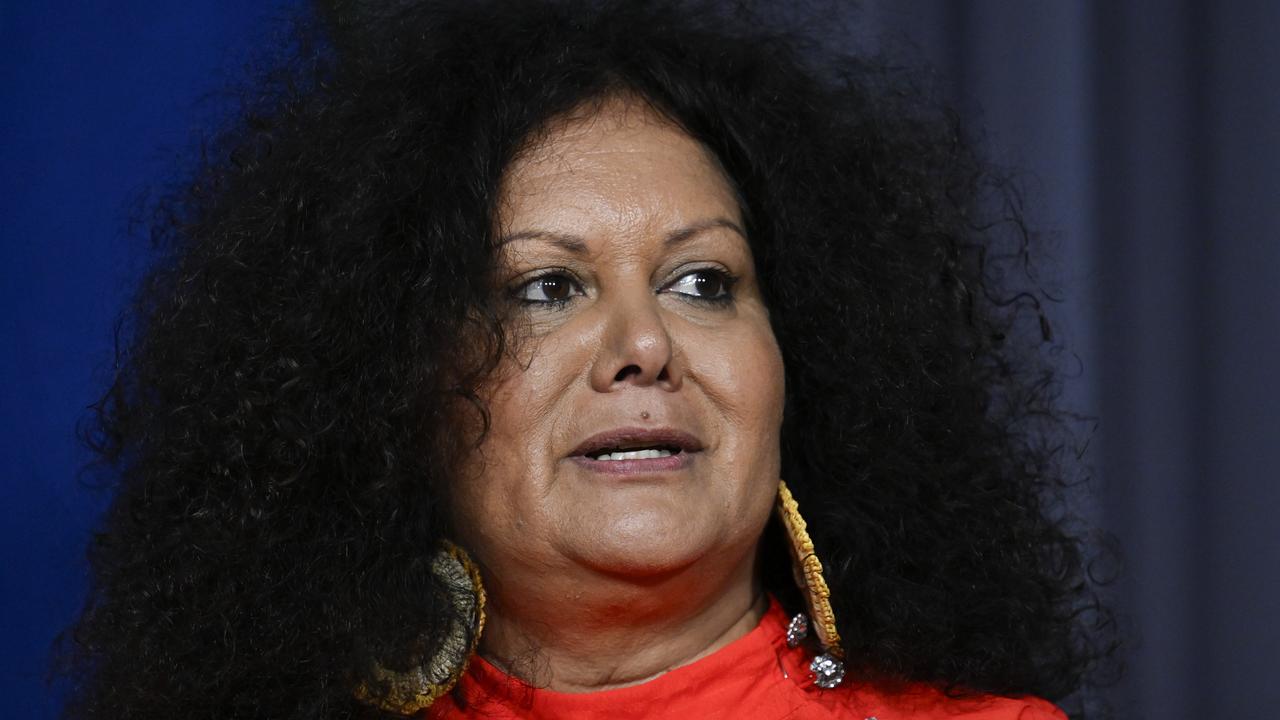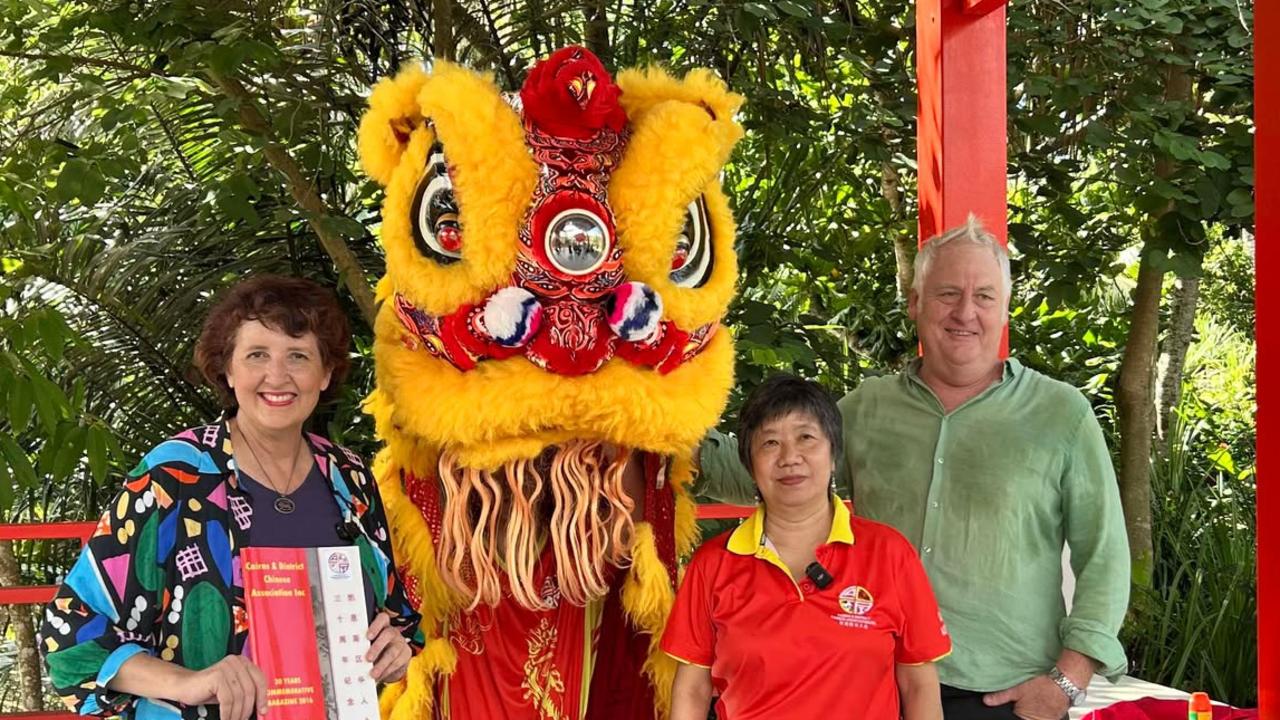Demand to end native title royalties rorts as people left dirt poor
Claims of native title royalties mismanagement prompt calls for inquiry into governance of Aboriginal corporations.

Claims of gross mismanagement of native title royalties have prompted calls for a full judicial inquiry into governance of Aboriginal corporations, amid suspicions some powerbrokers may have stolen funds that should have been shared among local communities.
Several Indigenous corporations and “charitable trusts” — which were ostensibly established to control and regulate the distribution of the royalties that flowed from native title deals between mining companies and Indigenous groups — are now the subject of police investigations, under special administration or trying to rebuild after periods of dysfunction.
Some senior Indigenous figures have told The Weekend Australian that corruption is so rife that a judicial inquiry is needed to flush out those responsible.
Native title royalties are, effectively, a charge for the extinguishment of certain traditional cultural rights over land to be mined. The payments were seen two decades ago as a way forward for traditional owners in areas where economic development had been slow or non-existent. However, a lack of proper oversight has allowed strong-arm tactics by some rogue elders to flourish, which in turn has led to allegations of systemic mismanagement.
There are also concerns the complex structure of the mining royalties system is a bonanza for some non-Indigenous professionals who take a significant portion of the money in consultancy and management fees.
South Australian elder Mark Koolmatrie is a critic of the “big man, big clan” domination of the nation’s $2bn-a-year native title royalties system. SA is home to 20 of the country’s 220 native title bodies corporate.
“These guys believe that it is their birthright to control everybody,” he said. “They believe they have a right to do what they wish with country and with financial assets. Everybody who is a claimant to native title for a particular area should have a right to transparent access to the financial records of that native title association.”
In Western Australia, where Aboriginal corporations in the Pilbara strike multi-million-dollar deals with resource companies, the McGowan Labor government believes reform is necessary.Attorney-General John Quigley is close to proposing legislation to overhaul the management of charitable trusts “holding potentially hundreds of millions of dollars in mining royalties”.
“When I go to these remote areas … where the beneficiaries of these trusts reside … I look at the dreadful living conditions that some of the Indigenous people are living in and I think of the money being paid by way of mining rights compensation I’m appalled.”
Last month, SA Police launched an investigation into an Aboriginal corporation in the Flinders Ranges that owns the popular Wilpena Pound Resort, after serious misgivings were raised over its financial records.
The investigation into the Adnyamathanha Traditional Lands Association (ATLA) comes after the Office of the Registrar of Indigenous Organisations identified wide-ranging “chronic and severe problems” including in spending and directorships.
ATLA, which has 850 members, was established more than a decade ago as the peak body for the Adnyamathanha people, who have rights and interests in 41,000sq km in and around the Flinders Ranges.
Some politicians have been reluctant to intervene in the structure of the system for fear of being labelled paternalistic or racist.
Richard Yeeles, a former senior mining executive who has negotiated native title royalty agreements for BHP and who now works in SA Premier Steven Marshall’s department, is sympathetic to the views of Mr Koolmatrie but makes the problem clear.
“Many people have approached the (SA) government about this matter since its election in March 2018 and one point I always make to them is governments are not party to these agreements,” he said. “They are between mining companies and Aboriginal claimants.
“The Premier’s got a view that Aboriginal people are asking to be empowered and to manage their own affairs so, unless there’s a very good reason, he is not keen to intervene in arrangements between Aboriginal people and private businesses.”
While Mr Koolmatrie has called for a “full judicial inquiry into governance of Aboriginal corporations” — with the full support of other members of the Aboriginal Reform Group of SA — Mr Yeeles said such an inquiry into the ATLA situation could not be ruled out.
He pointed to a statement from Mr Marshall last month, which read: “The (SA) government is prepared to consider any evidence … that would justify further action to ensure Aboriginal people are not denied access to benefits to which they are entitled.”
The Weekend Australian spoke to two senior Adnyamathanha women, Sally Clark and Cheryl Waye, who want more details than have been available to them as ATLA members.
They claim many of the association’s members live in dire poverty and see very little of the royalty money flowing into ATLA.
Both say some family members have received only occasional royalty payments of a few hundred dollars every couple of years.
Ms Clark, 56, an accountant, said: “ATLA’s been a closed book.
“We’ve had no access to information other than what was publicly available.”
In February, WA Nationals MP Vince Catania used parliamentary privilege to make a litany of allegations about one of the largest Indigenous corporations in Australia, the Buurabalayji Thalanyji Aboriginal Corporation, including labelling its chief executive, Matthew Slack, “tyrannical”.
The Pilbara organisation, which made a native title deal with resources giant Chevron in 2010, is under special administration until October.
A WA government inquiry into the Njamal People’s Trust in the same region raised questions about how millions in royalty money was spent, including $1.2m on consultants, accountants, administrative costs and salaries in a single year.




